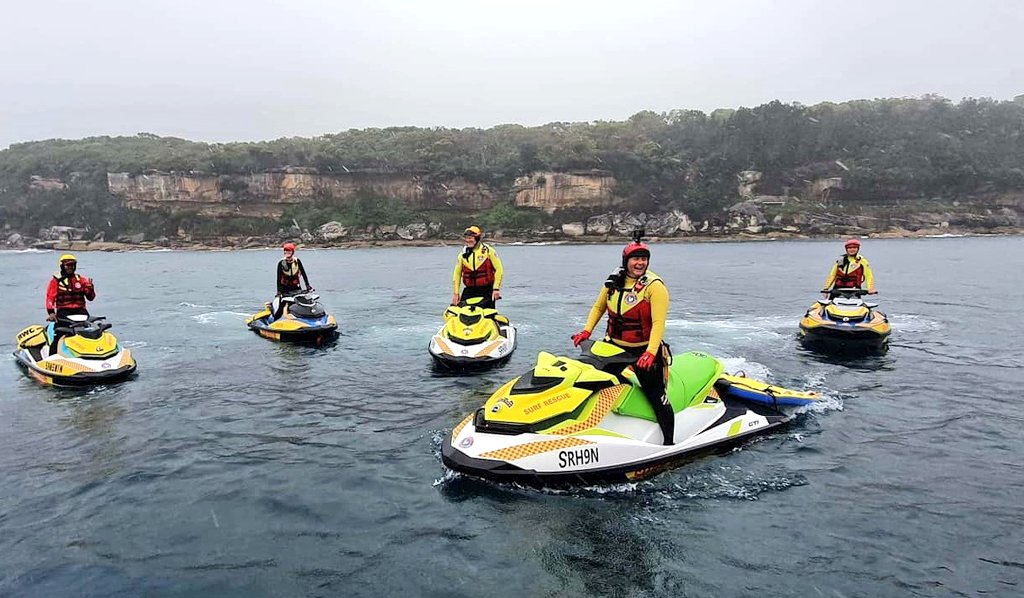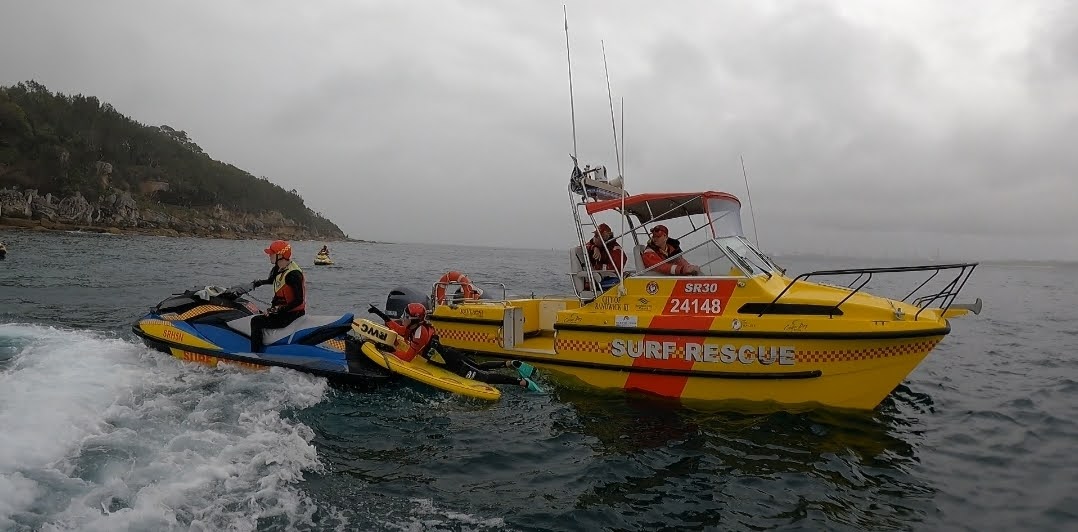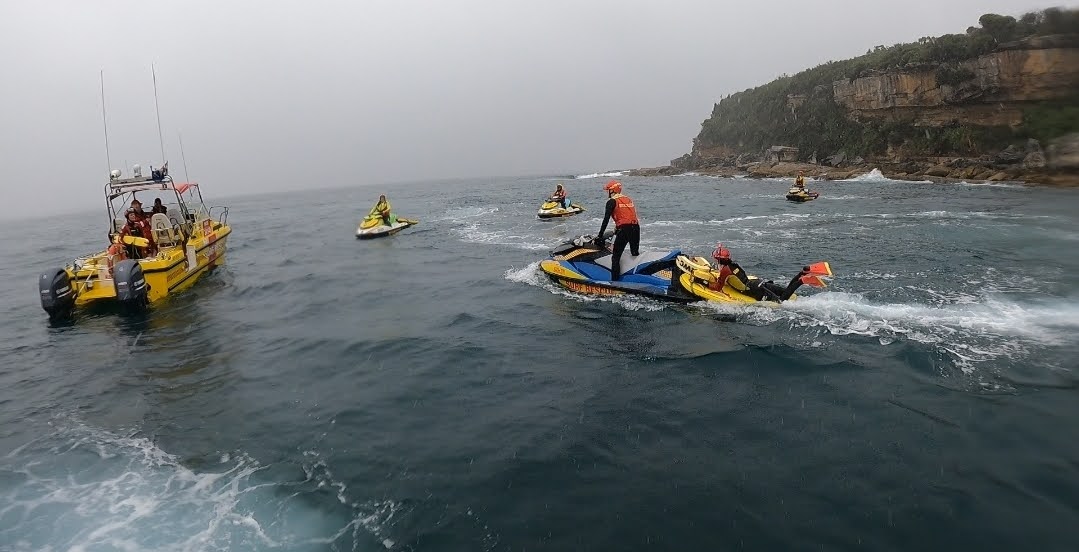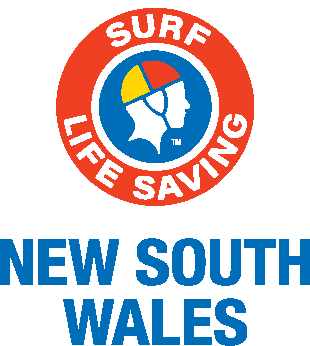When the indefatigable Nixy Krite came to Andrew Mackellar, RWC (Jetski) Coordinator at Surf Life Saving Sydney, with a six-page proposal for a training program to develop and retain female RWC operators, he knew he couldn’t say no.
“We have five RWCs in the Sydney Branch and each one does between 500 and 600 hours on the water each season. We need all the RWC operators we can get to cover demand and when Nixy Krite came to me with her proposal I knew it made a lot of sense”, Andrew Mackellar said.
“Our first hurdle was getting access to the Sydney Branch RWCs for the training – and when the women were all available for training. Our RWCs are in use so often that we realised the only window of opportunity to run the Women’s Development Program was mid-week during the Christmas holidays when most people are on leave from work and the RWCs weren’t out on the water patrolling.

“Nixy is one of our most passionate trainers and she basically said to me that there was a need to upskill our operators to take them to the next level of operational preparedness,” said Andrew Mackellar.
“Our basic RWC drivers’ training program is ten weeks long and we concentrate on basic RWC operation and rescue techniques in the surf zone.
“What we don’t spend much time on is interoperability with other rescue assets such as offshore rescue boats and helicopters. And that’s exactly what Nixy was proposing we teach in our RWC training program for our female operators,” Andrew said.
Nixy Krite said that when she took the initiative to Andrew his support was instant.
“He supported the ideas within the clinic and looked after all the logistical nightmares of having all five jetskis from the Sydney Branch serviced and in the once place for the women to have the best craft possible for the day,” Nixy Krite said.
The new RWC Women’s Development Program aims to promote the development of RWC operating skills, broaden operators’ experience of the craft, provide additional knowledge and understanding of maintenance and mechanics of the craft, increase RWC standards across Surf Life Saving Sydney Branch and promote, recruit and retain women in the RWC space.
“This was the first RWC women’s development clinic in the Sydney Branch. I did a survey with the participants when the EOI went out and one of the questions was around what they would like to know more about and upskill on. So, I wrote the program to address all those requests.
“We did some exercises that will help everyone, going forward, on patrol but also to ensure we’re rescue ready to work alongside Surf Rescue 30 [Offshore Rescue Boat]. Understanding how to move and operate alongside a big moving boat is a skill in itself.
“So, we’re doing rock rescues, transferring patients and crew, coming up close to boats and other objects in the water,” said Nixy Krite, RWC Trainer from Bondi SBLSC.

Coco McCarthy, from Maroubra SLSC, said it was a great opportunity to come together and learn from each other.
“It is technique and not all strength. And building on that and working with each other is very valuable. Personally, I wanted to upskill. RWC and jetski is a life skill,” Coco McCarthy said.
Lucy Schott from North Bondi SLSC said that her advice for other women interested in becoming a RWC driver was, “Just do it! Don’t listen to anybody else, just go forward and do your best!”

Nixy Krite said that it was an amazing day and thanked Surf Life Saving Sydney and Surf Life Saving NSW for supporting the new RWC Women’s Development Program.
“All in all, we had a hugely successful day and we’re excited about the outcomes. The women gained confidence and motivation to work at what they have learnt for the day.
“They also took away a sense of belonging and self-worth. Above all, the friendship these ladies formed helps them to keep improving every time they get on the craft.
“The women got a lot from it and we’re looking forward to many more training sessions like it,” Nixy Krite concluded.
With so few female RWC operators in NSW, there’s no better time for you to get into training and be part of your Branch’s support operations team. Contact your club’s Chief Training Officer or Branch Director of Lifesaving to get started.
Wednesday 13 January 2021


